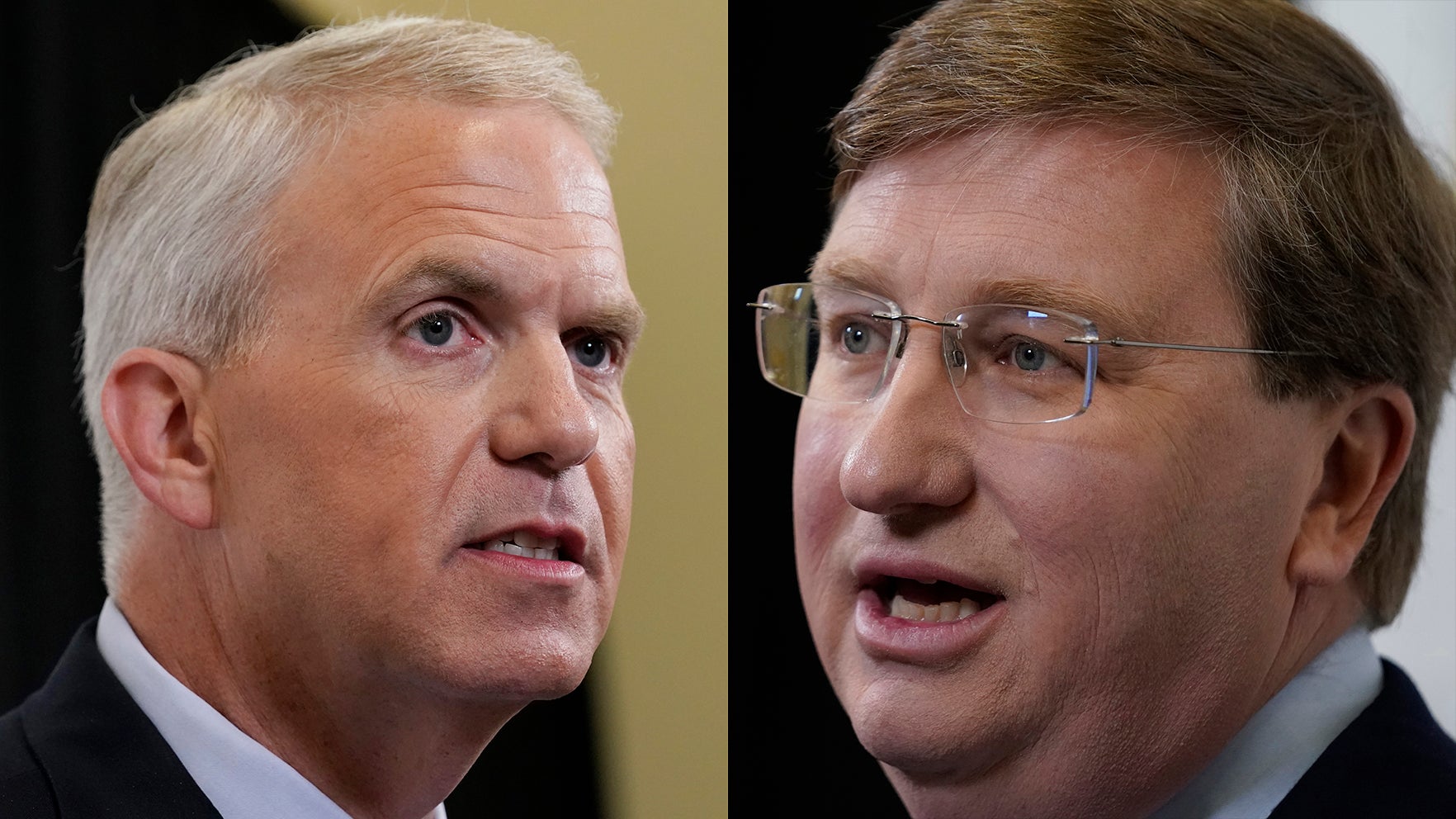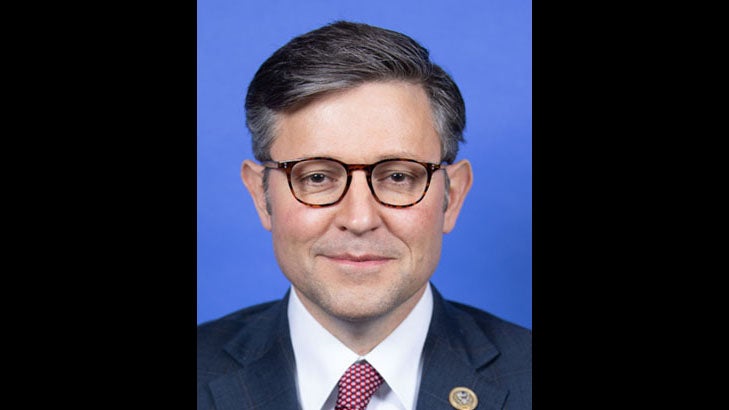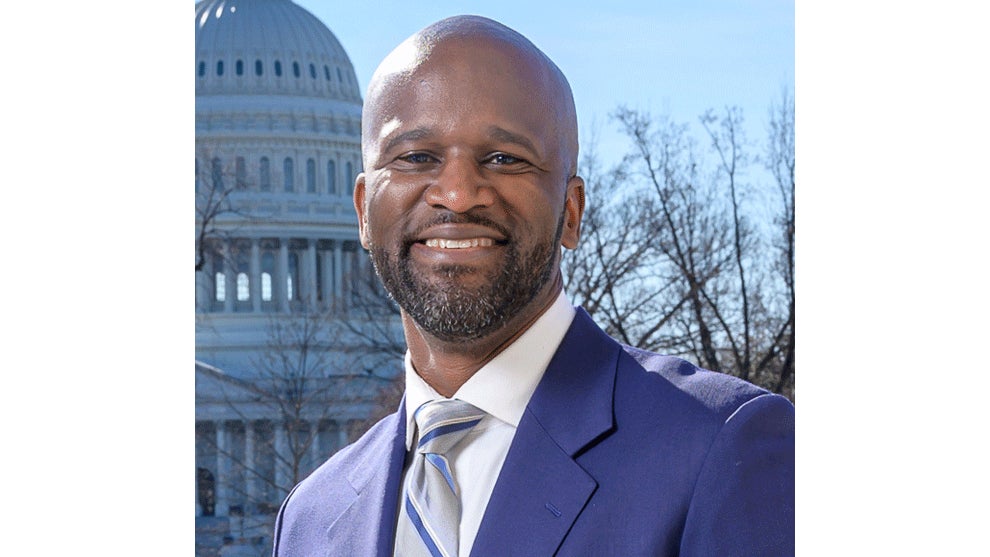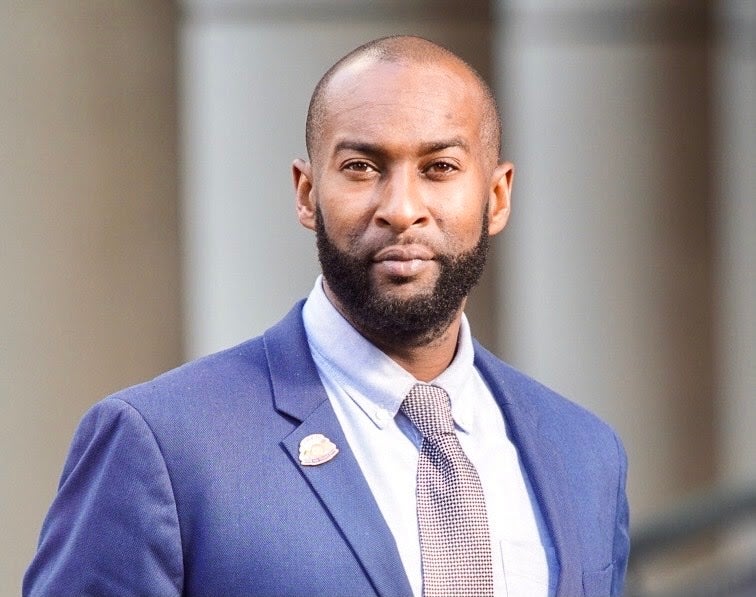Mississippi Supreme Court hears appeal over school funding
Published 8:11 pm Wednesday, May 17, 2017
JACKSON (AP) — The 21 Mississippi school districts suing lawmakers over a 2006 mandate to spend certain amounts on schools each year say their case is simple: The law is nonnegotiable.
The state says the school districts are wrong, and for equally simple reasons. Lawmakers from 11 years ago can’t tell today’s legislators what to do, and courts have no business wading into the subject.
Mississippi’s Supreme Court justices were confronted with those opposing positions in oral arguments Wednesday. At stake is the demand from the school districts to be paid back $236 million that the 21 districts say the state owes them for the budget years 2010 through 2015, representing their shares of how much the Mississippi Adequate Education Program formula was shorted.
But beyond that is another $1.4 billion that other school districts could seek if the plaintiffs won their case. Plus, the districts want judges to order the Legislature to never underfund the formula again. That would cost next year’s state budget more than $200 million above the $2.2 billion Mississippi will already spend.
Former Gov. Ronnie Musgrove, arguing for the districts, was defending his legacy. He guided the adequate education program into law as lieutenant governor in 1997. He said must obey the laws they pass.
“There are all kinds of statutory provisions that the Legislature must comply with, unless they change the law,” he said.
Musgrove also argues the funding formula is legally strengthened by the state constitution, which says “The Legislature shall, by general law, provide for the establishment, maintenance and support of free public schools upon such conditions and limitations as the Legislature may prescribe.”
Assistant Attorney General Justin Matheny, arguing for the state, disagreed. He said the law is only an “aspirational goal” and that each year’s Legislature “can ignore” the formula’s mandates, even without changing the law.
“The MAEP budget formula does not reduce legislators’ fiscal discretion to a rubber stamp,” Matheny said.
Musgrove said the constitution can limit future lawmakers, even if regular laws can’t.
“Then all of a sudden everything is treated differently,” he said. “The constitution can entrench, it can put mandates on the legislature.”
Some justices questioned whether they could or should order lawmakers to spend a certain amount. Matheny argued that would violate the constitutional separation of powers between the judicial and legislative branches.
“You’re suggesting we go down the path of ordering the appropriator, you’re suggesting we skip over the legislature?” asked Presiding Justice Jess Dickinson, the most active questioner Wednesday among the nine justices.
Matheny also said the state is protected from having to make any back payments by sovereign immunity.
Gov. Phil Bryant, House Speaker Philip Gunn of Clinton and state Auditor Stacey Pickering each filed briefs supporting the state’s position. All three are Republicans.





